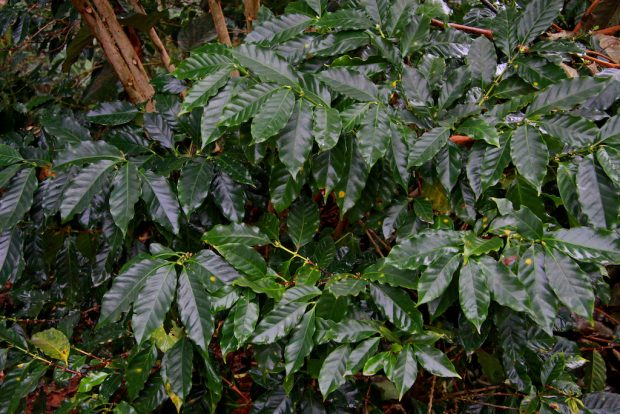Nespresso has announced plans to bring Cuban coffee to the U.S. market for the first time in more than half a century.
The U.S. State Department on April 22 of this year amended trade-related sanctions against Cuba to authorize the importation of certain goods and services produced by “independent Cuban entrepreneurs,” coffee being chief among those goods.
Nespresso USA plans to introduce a Cuban coffee through its single-serve capsule system this autumn called Cuban Nespresso Grand Cru, Cafecito de Cuba, which will be available as a limited edition due to limited supplies.
“Over the long term, Nespresso and its partner TechnoServe, a nonprofit development organization, will explore how to work with smallholder coffee farmers in Cuba with the goal ultimately being to support farmers in their production of sustainable coffee and contribute to expanded economic opportunities for them,” Nespresso parent company Nestlé said in announcement today.
Nepsresso and TechnoServe partnered late last year to bring the first ever coffees from the war-torn republic of South Sudan to import markets. By the 1950s, Cuba was one of the world’s leading producers of arabica coffee by volume, at its peak exporting more than 20,000 metric tons annually, but production suffered following the Cuban revolution in 1959, and further suffered when the U.S. placed a trade embargo on all imported Cuban goods in 1962.
According to the latest statistics from the International Coffee Organization, Cuba today produces approximately 100,000 60-kilo bags annually, with primary export countries over the past two decades being France, Japan and several other EU countries.
Nick Brown
Nick Brown is the editor of Daily Coffee News by Roast Magazine.







Comment